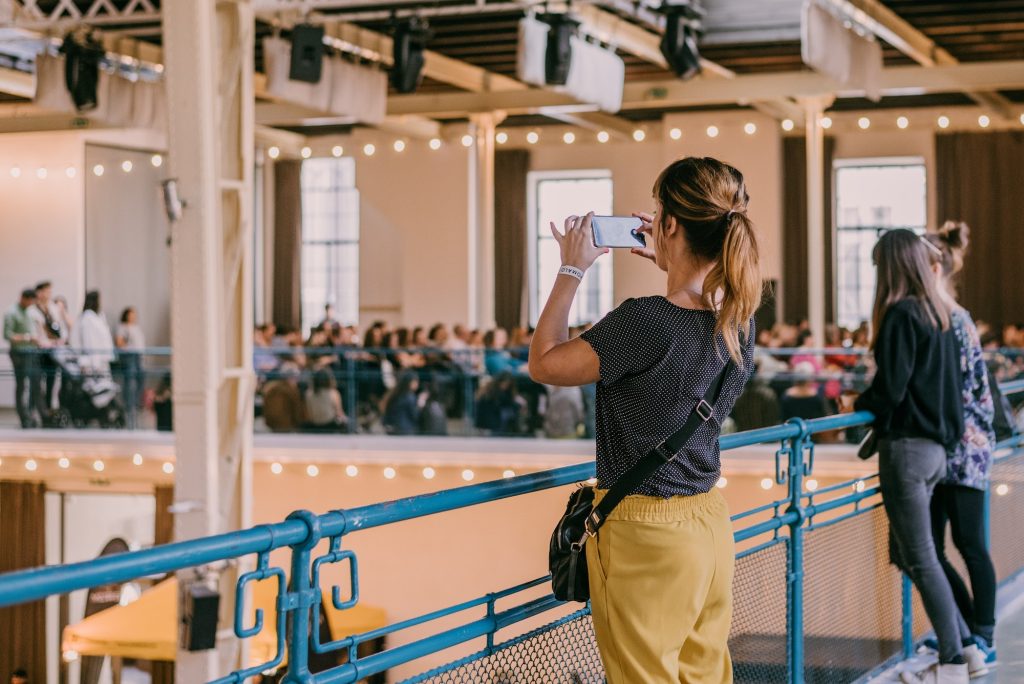
Protocol in diplomatic engagements and events is a set of rules and customs that govern the behaviour of diplomats, officials, and dignitaries during official meetings, ceremonies, and other formal occasions. It is an essential aspect of diplomacy as it ensures that all parties involved are treated with respect and dignity while maintaining the event’s decorum. Protocol also helps to establish a framework for communication between nations and promotes mutual understanding.
The importance of protocol in diplomatic engagements cannot be overstated. It guides diplomats on how to behave in different situations, such as when meeting with foreign officials or attending state dinners. For example, when meeting with foreign officials, diplomats are expected to follow specific protocols such as addressing them using their proper titles, standing when they enter the room, and waiting for them to sit before taking their seats.
Similarly, during state dinners or other formal events, there are specific protocols that must be followed. These include dress codes for men and women, seating arrangements based on rank or position, and rules regarding table manners. Failure to adhere to these protocols can result in embarrassment for both the individual involved and their country.
Protocol also plays a crucial role in establishing relationships between nations. By following established customs and traditions during diplomatic engagements, diplomats can build trust with their counterparts from other countries. This trust can lead to more productive discussions on important issues such as trade agreements or international security.
Furthermore, the protocol helps to promote cultural understanding between nations by highlighting differences in customs and traditions. Diplomats who understand these differences are better equipped to navigate potential cultural misunderstandings that may arise during negotiations or other diplomatic activities.
